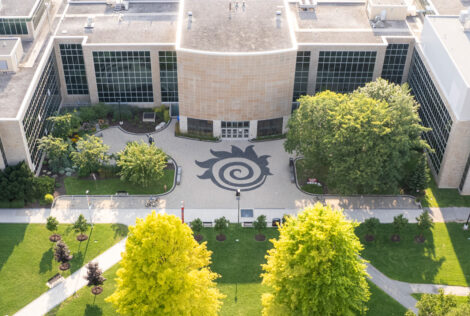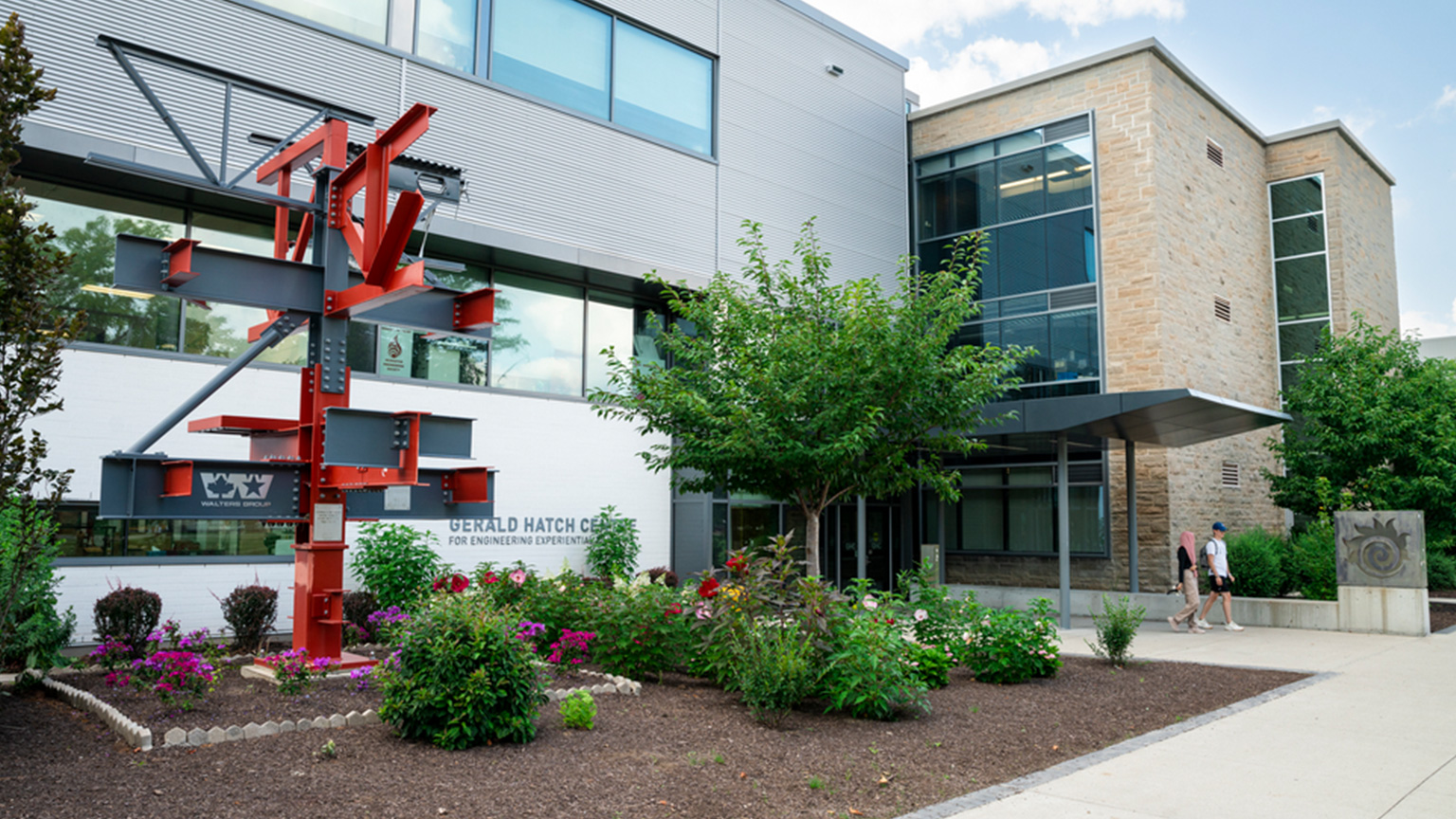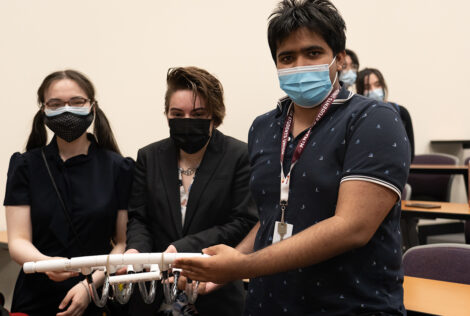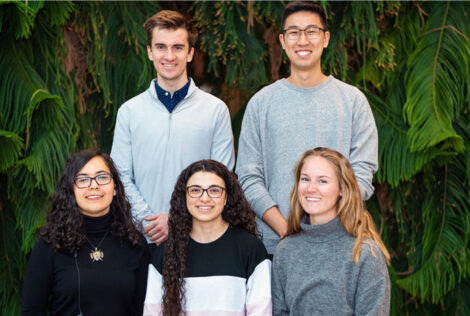

The Machine Learning for Brain Health Symposium is set for Friday, Sept. 7.
The day is a joint venture of McMaster’s faculties of health sciences, science, engineering, and the humanities Centre for Advanced Research in Experimental and Applied Linguistics (ARiEAL).
“Machine learning and artificial intelligence allow us to predict behaviour of complex systems that cannot be modelled otherwise,” said Jim Reilly, a professor of the Department of Electrical and Computer Engineering and the School of Biomedical Engineering.
“Since the brain is an extremely complex system, these methods are well suited to understanding brain behaviour. For example, machine learning methods have proven to be successful at predicting which medication is most effective for treating a particular person who suffers from depression.”
The machine learning paradigm has been used for multiple purposes relating to disorders of consciousness, as well as diagnosing and treating psychiatric illness. It is also the driving engine behind brain-computer interfaces.
The symposium is a venue for expanding on the current understanding of the interactions between machine learning and brain health.
“The subject of this symposium is highly interdisciplinary,” said Sue Becker, professor of the Department of Psychology, Neuroscience and Behaviour at McMaster. “The target audience is diverse, spanning those who work in computational science, biomedical engineering, psychology, psychiatry and neuroscience.”
Renowned local, national and international speakers will be discussing topics such as archiving brain data in various forms, the role of machine learning as it relates to mental health and disorders of consciousness, and neuro-engineering applications of machine learning.
Keynote speakers include members of McGill University, UCLA, the University of Toronto, the University of Florida, and the Institute of Software Engineering and Theoretical Computer Science in Berlin, Germany.
As well, researchers are invited to submit a poster on their recent work relating to machine learning and brain health.
“In this event, students and professionals will understand how the algorithms of machine learning can help to understand the brain and treat psychiatric disorders,” said Flávio Kapczinski, professor of the Department of Psychiatry and Behavioural Neurosciences. “We are watching the dawn of a new era of intel-based care and this symposium will be an opportunity to acquire this new language.”
The interdisciplinary nature of the event, as well as the collaboration behind it, is characteristic of McMaster’s innovation.
“This conference reflects the necessity of interdisciplinary research in addressing issues of health care and brain research,” said John Connolly, director of ARiEAL and professor in the Department of Linguistics and Languages.
“For example, we work together in projects on coma and concussion using machine learning and modeling tools to evaluate neurophysiological manifestations of consciousness and cognitive function. What we accomplish as an interdisciplinary team far exceeds what we could achieve individually.”
The Machine Learning for Brain Health Symposium takes place at in the auditorium at St. Joseph’s Healthcare Hamilton West 5th Campus.
Registration costs $50, but admission is free for students and postdoctoral fellows. The deadline to register is Aug. 31. Visit the event website for details and to register.
Sponsors include the Vector Institute, Ontario Brain Institute, McMaster’s ARiEAL and MacData Institute, the faculties of engineering, health sciences, and science, as well as St. Joseph’s Healthcare Hamilton.


